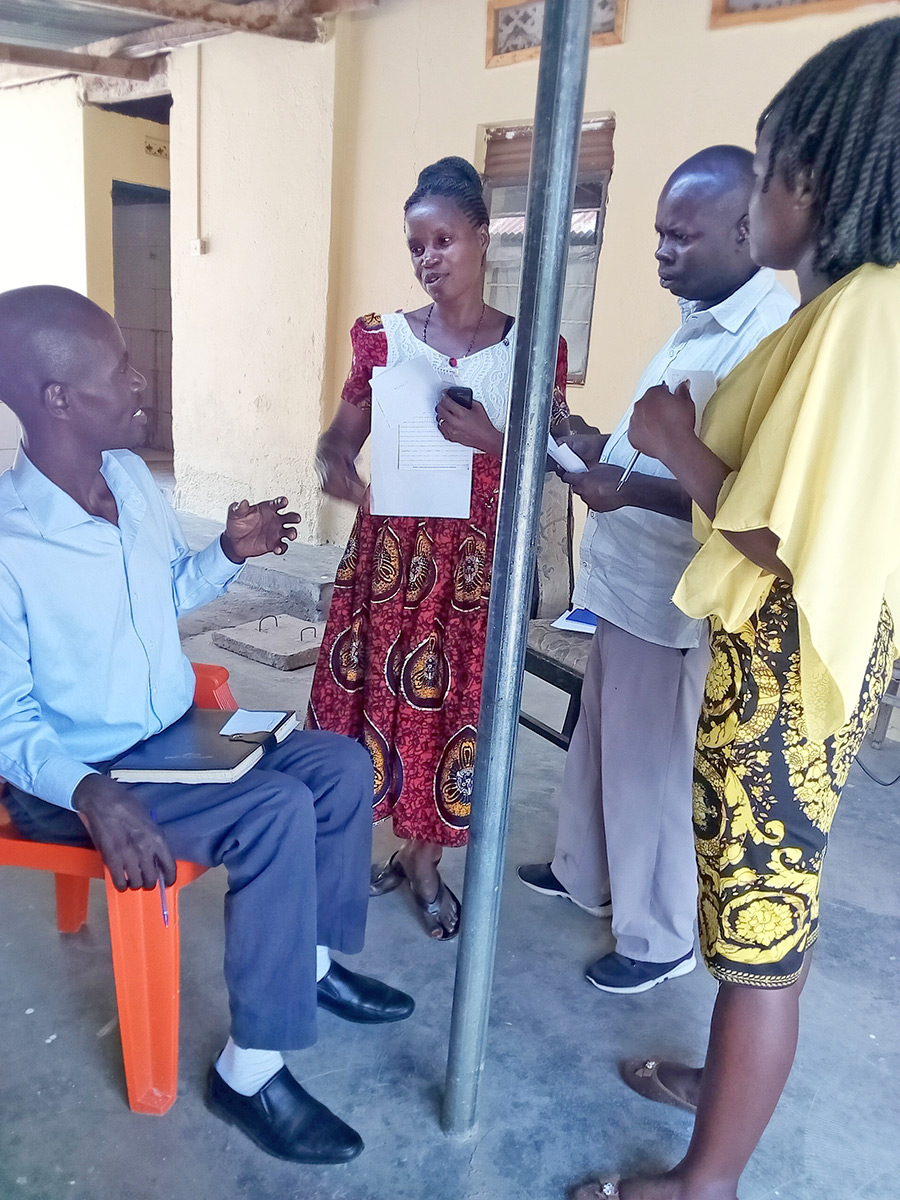About LERWA
Land and Environmental Rights Watch Africa (LERWA) is a not-for-profit environmental organization in Uganda that empowers communities, particularly women, to conserve the environment and improve livelihoods.
Who We Are
It was founded by individuals who are concerned about the land and environmental question in Uganda. This was in response to an identified need to approach the land and environmental rights issue rampant in the country as a human rights issue. While there are a number of organizations and movements focusing on land and environment issues within the country, there is need to redirect the discourse and center it as a human rights issue. According to SUR International Journal on Human Rights 2013, Land rights are not typically perceived to be a human rights issue…Internationally; no treaty or declaration specifically refers to a human right to land. In fact, strictly speaking there is no human right to land under international law.
Our Vision
An equitable society living in harmony with nature
Our Mission
Empower communities for sustainable land and environmental rights protection.
Our Core Values
Environment and sustainability, Partnership, Justice, Professionalism, Innovation and Action.
What We Do
To empower communities for sustainable land and environmental rights protection.
Specific objectives of the organization include;
-
Capacitating and resilience building of grassroot communities to promote, protect and preserve their land and environmental rights.
-
Partner with organizations and community members to advocate for environmentally sustainable practices, land rights, women’s rights, etc.
-
Mobilizing and organizing grassroots communities against land and environmental rights violations.
-
Identify solutions to mitigate abuse of land and environmental rights affecting communities with a bias on women and youths.
-
Promoting greater protection for Human Rights Defenders (individuals and groups) defending their land and environmental rights.

-
Create systems of decision making and self-organizing where communities learn from each other and take collective decisions about issues affecting them hence reclaiming their power.
-
Researching on issues affecting land and environmental preservation and protection with a bias to indigenous knowledge of land and environmental preservation to influence national and global policy;
-
Propose development alternatives that respond to the majority communities needs
-
Compliment efforts of the national environmental regulators for example holding multinational corporations accountable in regards to implementation of recommendations in the Environmental Impact Assessment Reports;
